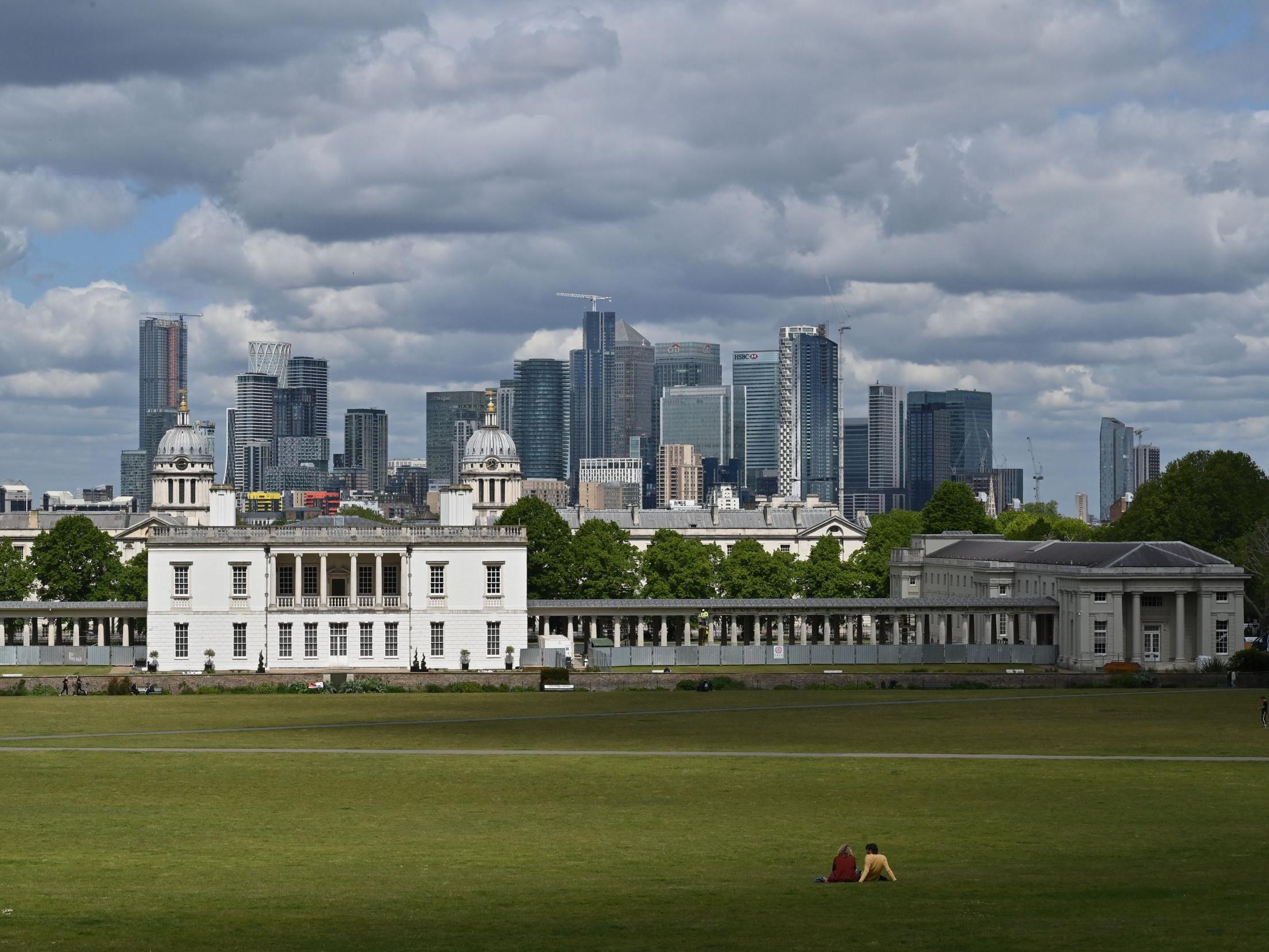‘When does a crisis cease and become normal?’: Corporate life is about to change in a big way
Coronavirus has changed our way of living, we all know that, but how much of it will stick? In our corporate lives, along with #MeToo and Black Lives Matter and the climate crisis, I imagine quite a lot, writes Chris Blackhurst


The contrast was stark. Where I live, in southwest London, the coffee bars were doing a brisk trade at 8am. Folk were queueing for their morning caffeine shots and pastries. At Euston, 40 minutes later, on a trip to visit relatives in the north of England, everything, bar a branch of WHSmith, was closed. All the snack bars and cafes were shut. Breakfast? Forget it. Something for the journey? Likewise.
But then the normally heaving mainline terminus was quiet. Passengers were turning up for trains, as were we. Our service to Cumbria, though, was about a fifth full. Crucially, there were hardly any commuters rushing off the usually packed lines from north of the capital. They were working from home, they were buying their provisions, their coffees and pastries, from local outlets.
None of us know how long this way of living is going to last. I changed the description there – from crisis to way of living. When does a crisis cease and become normal?
Even when it does end, when the longed-for vaccine arrives, we will have had a lengthy period adjusting to another life. A lot of us have grown used to it and like it. Will we ever voluntarily return to buildings in the centre of cities? Will we take public transport, and block off substantial parts of the day simply in order to get to and from our desks? Or will we prefer to remain put in the comfort of our homes, and use the desk there and hold meetings via Zoom?
They’re anxious to be seen to be working closer together as a firm, less inclined to erect divisive barriers, not so willing to expose themselves to charges of excess and of not caring
Again, the answers are not known. Some say we will choose not to go in; others maintain we will realise we hate the isolation, that we will miss the vibe and interaction of physically being among workmates, of sharing the gossip and exchanging casual thoughts and ideas – chat that may, just may, also turn into something productive and useful.
It could well be a combination of both. Flexible working may be the future. We will switch effortlessly between home and office, spending some time here, the rest there.
A friend of mine runs a consultancy in central London. The lease is due to expire shortly. Being an enlightened sort, he surveyed the staff as to what they would like from their office: would they desire one at all; how would they like it laid out; and, if so, where would they like it to be located?
The findings were telling, and I suspect were typical and applicable to bigger organisations. The younger ones, in the 25 to 35 age bracket, overwhelmingly wished to have a more informal space where they could sit, and talk, and work at their laptops. They were not interested in having separate rooms, and definitely not individual offices with doors. They desired quiet but they also would like to see a central area in which they could sit together, and work side by side if needs be, and to mingle.
As for location, they wanted the firm to be based near a main rail terminal, with good underground and bus links. They also, though, wished to see cycle storage and showering and changing facilities. They’d like secure cupboards so they could lock away their belongings.
The older brigade, the senior managers and directors, were equally unmoved by the need for private offices. Where they mainly differed with the juniors was on a request for meeting rooms. Proximity to a major transport hub was for them a priority, less so bike racks and showers. In short, they would like to work from home much of the time, and to travel in and see clients and colleagues when required. They were perfectly relaxed about not having their own dedicated rooms, and were happy to park themselves between meetings at a shared pod on the days when they did come in.
In this more egalitarian age, the boss’s traditional splendid office with its sofas, sweeping vista and a sideboard chock full with photos and memorabilia evidencing a gloriously successful career was already being consigned to the past. Now, with Covid-19, that demise will be hastened.
It’s not only fellow employees who find them off-putting. Someone has to pay for the luxury, the grand, often macho, statement. That person is usually the client.
Managements have spent the past several months looking at their fixed costs, forced to by the unexpected arrival of a global downturn. But there is more behind the questioning than merely saving money. They’re anxious to be seen to be working closer together as a firm, less inclined to erect divisive barriers, not so willing to expose themselves to charges of excess and of not caring.
Along with the daily commute and the ‘statement office’ can be added the other perks of the executive: use of expensive limousines; private jets; lavish hospitality; company golf and shooting junkets. There will still be some who indulge, but increasingly they will be seen as the exception, as dinosaurs.
#MeToo, Black Lives Matter, environmental, social and corporate governance, the rise of responsible capitalism, Covid-19 – they’re all coinciding to make their mark.
The days of corporate willy-waving are over.
Join our commenting forum
Join thought-provoking conversations, follow other Independent readers and see their replies
Comments